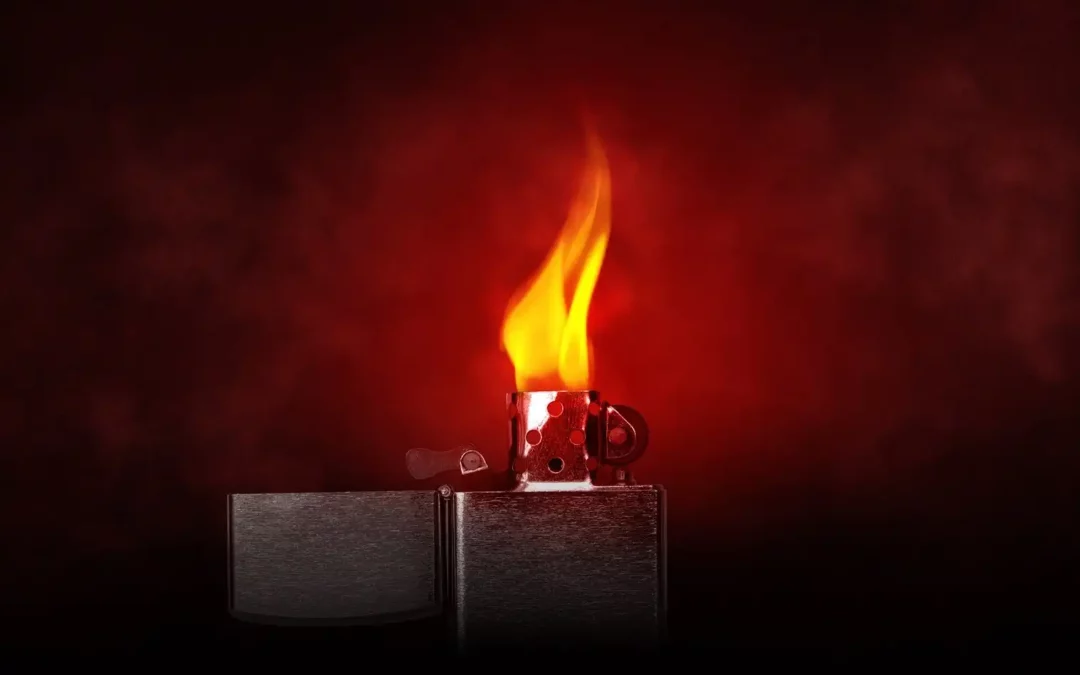In 2023, the Social Protection Board (SPB) has led to many of the news stories reported by the traditional media, including a cumulative award of more than $2.5 million, changes in the awarding of prizes, and errors in the use of an electronic raffle.
This interest in lottery and JPS-related news is not surprising. We all know a family member, a neighbor or a friend who is keeping an eye on the “number that came up” in the latest draw. According to a 2016 study, published that year by La Nación newspaper, 62% of Costa Ricans are accustomed to participate in gambling.
Lottery players are unlikely to try to ingratiate themselves with Apollo, the Greek god of divination, although they might resort to the lucky cross or try to remember the previous night’s dream in order to discover the winning number. Because of this reliance on superstition, and because gamblers ignore the laws of probability, the lottery is also known as the fool’s tax.
Other gambling researchers call gambling the poor man’s tax, because it is the poorest people who spend the most money on gambling.
Probabilities and poverty
In Costa Rica, the probability of winning the lottery by matching both the number and the series is one in a hundred thousand. Calculating that number and understanding how to apply it to everyday life is part of the probability curriculum that the Ministry of Public Education incorporated into primary and secondary mathematics curricula in 2012. Prior to that date, probability education was almost non-existent.
On the other hand, it is estimated that low-income people may spend as much as 10% of their income on gambling. An article in the newspaper La Teja cited the case of a person who started playing illegal lottery games; he spent ¢2,000 in the morning and ¢2,000 in the afternoon and at one point he was spending up to ¢130,000 colones a day. He indicates that he had a job as a sales agent and his salary did not allow him to spend that amount of money, but he started moving money, borrowing and even stealing, until he realized he had a problem.
There are many cases of people who are financially disadvantaged by the lottery and gambling. However, these statistics remain hidden because many gamblers do not realize how much this affects their finances: winning sometimes and not calculating how much has been invested in the game makes them believe that they are benefiting or at least not being harmed. Others prefer to lie about the amounts spent on gambling or how often they visit the casino or lottery retailer.
Gambling obsession
Since 1980, the World Health Organization (WHO) has identified a disorder, known as pathological gambling, which manifests itself as an overwhelming and uncontrollable urge to gamble. This urge persists and progresses in intensity and urgency, consuming more time, energy, emotional and material resources each time.
In Costa Rica, in 2008, pathological gambling was declared a disease of national interest and a public health problem. In addition, the public and private sectors were proposed to contribute to providing psychological support to people suffering from the disease. However, the situation in the country over the last 15 years has not promoted the fight against this disease. On the contrary, it seems to have favored gambling.
Compulsive gambling can buy lottery tickets from the JPS and can also find an informal lottery outlet near their home or workplace. In 2022, the JPS indicated that 47% of the lottery market is illegal.
In most cases, this stall operates within a formally established business, such as a pulpería, which has been set up for the sale of illegal lottery. In other cases, the informal lottery is sold by people on motorbikes or bicycles, or by those who set up a space in their garage or in a room in their home. These places are becoming more common in our country.
At a press conference in November 2022, JPS officials indicated that the illegal lottery business is related to money laundering. However, it is prohibited to sanction those who sell this type of game. There is a bill that attempts to regulate this type of activity, but it is still in the legislative plenary.
Doing good
The slogan of the JPS states that, in Costa Rica, the lottery serves to do good. This idea, associated with the distribution of 100% of the money to social works when nobody gets the winning prize, makes the purchase of games of chance promoted by this institution look like a good deed.
Among the definitions of the lottery, some optimistic authors describe it as a tax on hope, because little money is spent in the hope of winning large amounts. This perspective neglects the existence of gambling addiction and contributes to the absence of awareness campaigns by the JPS or those who benefit from the illegal lottery.
According to Law No. 8718 of 2019, the JPS must allocate 3% of its profits to fund public preventive health programs, with special emphasis on mental health promotion and prevention programs and activities. However, it is unlikely that this money will be invested in programs for people with pathological gambling.
Some companies have implemented sustainability programs that report financial education actions, but do not indicate how many address pathological gambling and how they identify and avoid gambling expenditures. This situation is exacerbated by the fact that this working population is unlikely to have received probability education.
We must be doing good as a society, there is no doubt about that, but we must also ask ourselves whether the best way to do that is to play games of chance. In other words, the lottery is just a disguised form of playing with fire.

